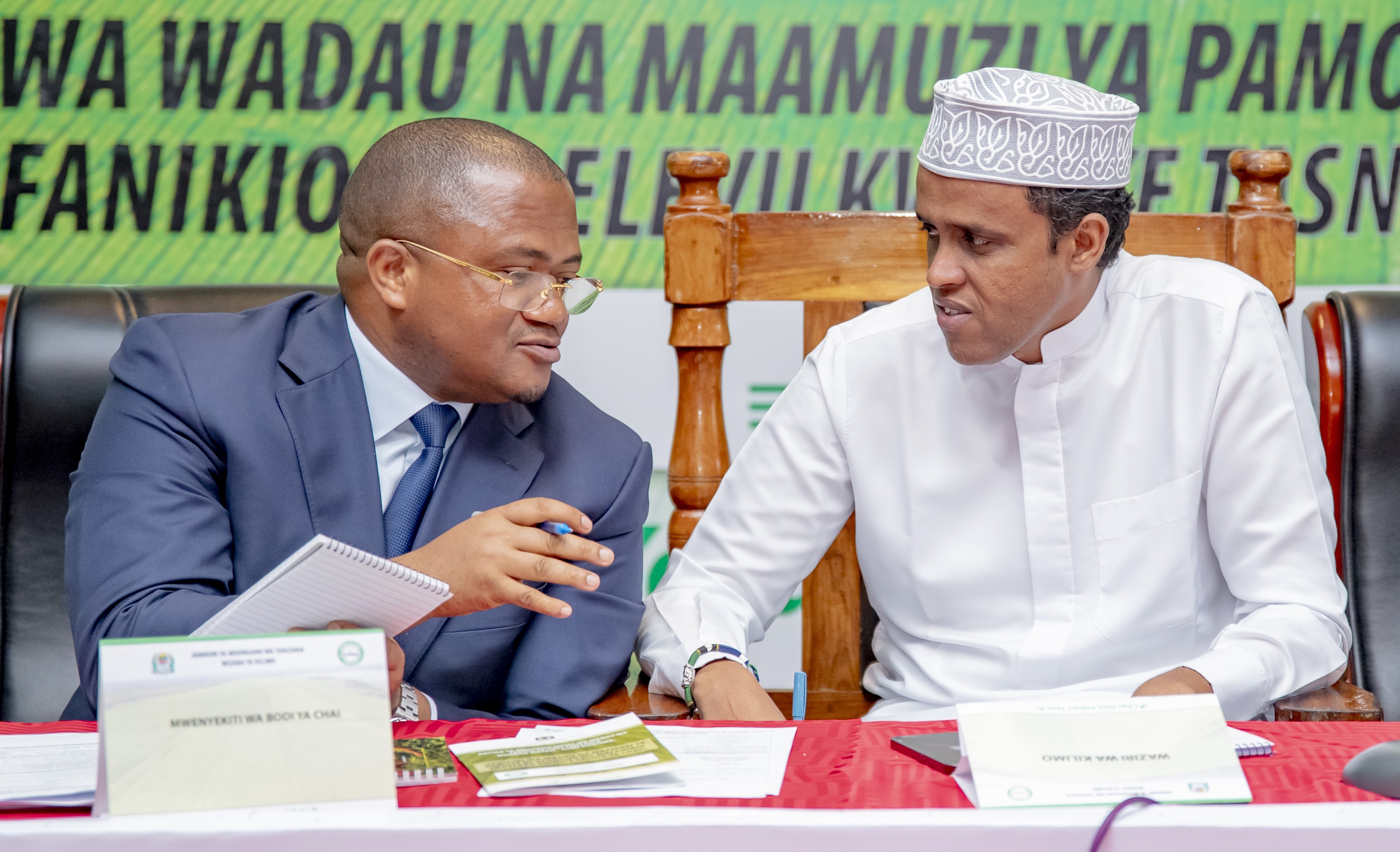Burkina students see no change four years after key Macron speech

Ouagadougou. Nearly four years ago, President Emmanuel Macron made a historic speech in the heart of the Sahel, where he vowed that France would never again interfere in its former colonies.
His address at a university in Ouagadougou, the capital of Burkina Faso, was heralded by Paris as the death knell of "Francafrique" -- the decades-old strategy by which France meddled in Africa, often supporting strongmen who backed French interests.
But, in the run-up to a summit on Friday showcased as a reset for French-African ties, some of the 800 students who listened to Macron's 2017 address say they are disappointed today.
"The feeling is one of disillusion. It's been four years since these much-trumpeted promises, but very few of them have been followed up," said Lassina Kambou, now aged 23.
Doctoral student and civic activist, Lianhoue Imhotep Bayala, described the declared end to "Francafrique" as a "big joke of political marketing."
France was still wagging its finger, sending its ministers to tell its former colonies "how to behave," he said.
"You can't say that things have changed... Africans are struggling to cast off the heavy burden of colonisation," said Adama Zongo, a teacher and researcher.
"Promises of a break have hit 'realpolitik'," he said, contending that the crunch point on relations between France and its former colonies was "economic interests".
- 'Interference' -
A common criticism was about France's military campaign to fight jihadists in the Sahel.
Macron describes the mission as a vital bulwark for fragile countries -- including Burkina Faso -- that have lost thousands of lives, and seen hundreds of thousands flee their homes.
But to critics, the operation smacks of neo-colonialism.
Macron has announced a reduction in France's 5,100 troops, with the mission changing shape to include the deployment of special forces from European countries.
But Bayala said the situation was "still the same".
He and others said that Macron lost any moral high ground when he flew to Chad to endorse Mahamat Idriss Deby, who became the country's new leader after his father, a close French ally, was killed in April.
The younger Deby became head of a junta that dissolved parliament.
"The aims that President Macron sketched (in his November 2017 speech) were unable to stand up to reality of the job of being president," said Bayala.
Not all of the observations about Macron's record were negative.
Ali Traore, a literature student, gave France high marks for its plans to build a centre to promote research, entrepreneurship and innovation in Ouagadougou, and noted that France had returned artefacts pillaged from Benin during the colonial era, in line with Macron's promise.
There was also appreciation for France's move to lift the veil on secret documents about the assassination of Burkina's leftwing hero, Thomas Sankara, in 1987 -- a move that Macron also promised.
Thirteen people are to go on trial in Ouagadougou on October 11 in connection with the killing.




